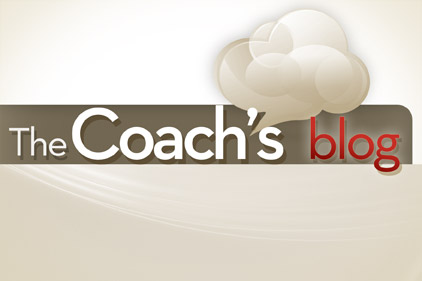
|
| Gresham Ard |
Busy season is right around the corner and you are eagerly awaiting the tidal wave of calls that are soon to roll in. You feel prepared for the tsunami to come, having spent all winter coaching your team to slow down and maximize every opportunity. You’ve trained them on new products and services that helped supplement the decrease in demand repairs from the slow season. Everyone is well rested from the early days they’ve begrudgingly taken and now its show time. The calls begin rolling in and all of a sudden your dispatch board is running over with opportunities.
So what do you do? Typically, push your team to run more calls per day, in hopes that not a single customer will slip through your fingers. The technicians respond by kicking out five-to-eight calls per day, and you see revenue growing because of volume. Suddenly you feel as if the heating and cooling gods are smiling upon you. However, one day you decide to peak at those performance metrics that you used to comb through during the slow season and see a dirty little pattern forming. Your task-per-call and revenue-per-call isn’t that great and further investigation reveals your technicians are performing only the basic repairs and moving on.
What happened to all the talk about maximizing the call? What happened to all the new products and services your technicians learned about? YOU happened.
Yes summer happened. More calls happened. But ultimately the definition of success from you, the leader, changed. No longer is the message slow down, connect, explore and develop. Instead it’s more calls, more calls, more calls! Healthy slow-season habits of meticulously tracking performance and training to maximize every call were abandoned for the temporary success brought on by volume. Don’t get caught up in the busy-season trap. Don’t let the busy season ruin all those good habits you and your team focused on to be successful during the slow season.
Leverage good slow-season habits on all your new clients this summer and you will find that you can make three calls worth as much or more than six-to-eight calls. Your technicians will spend less time in traffic and more time building value and life-long clients. You’ll discover service tickets are larger with lifestyle improvements your clients will rave about and your team will be well on its way to mastering success habits for all seasons.


Report Abusive Comment